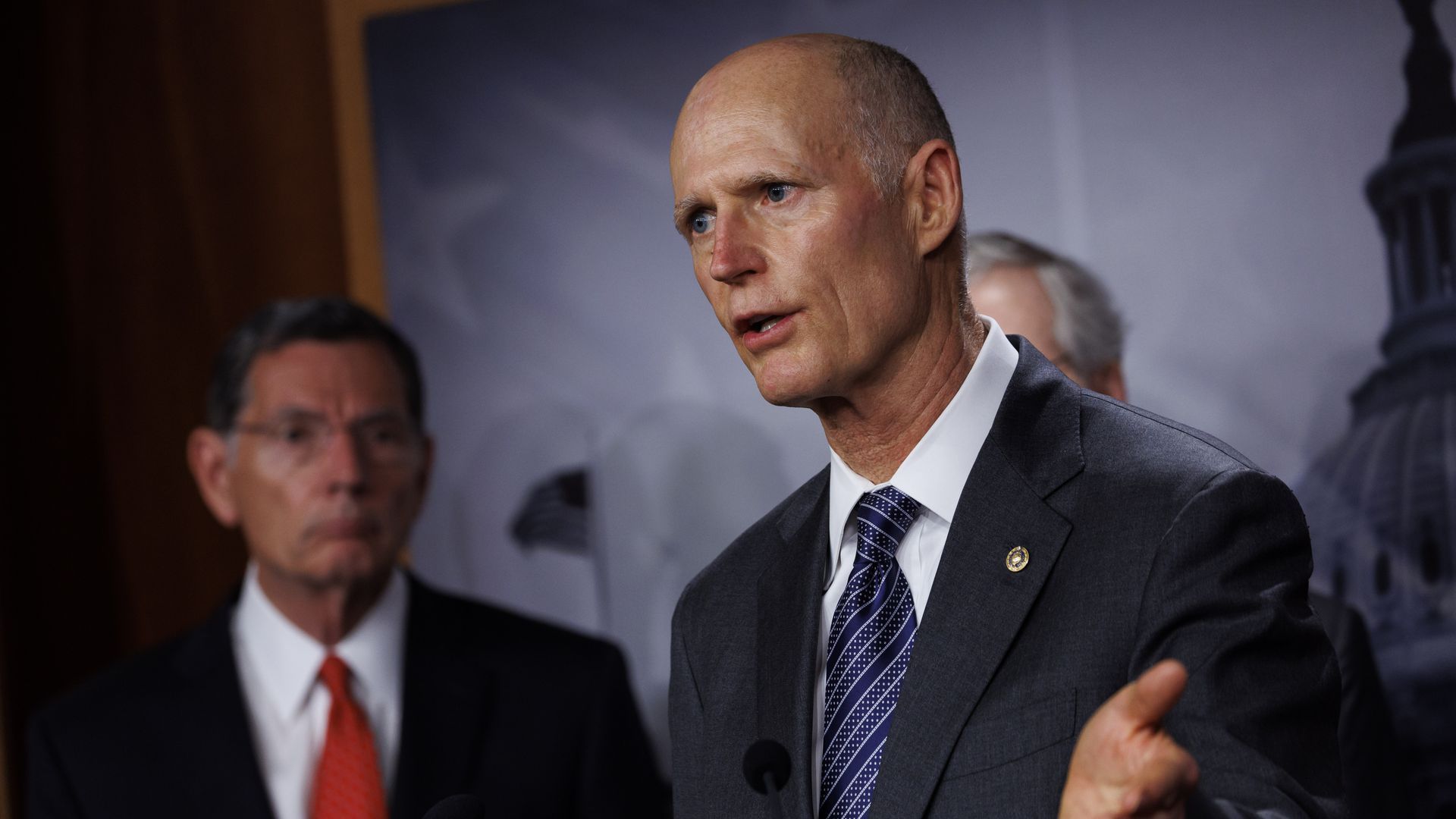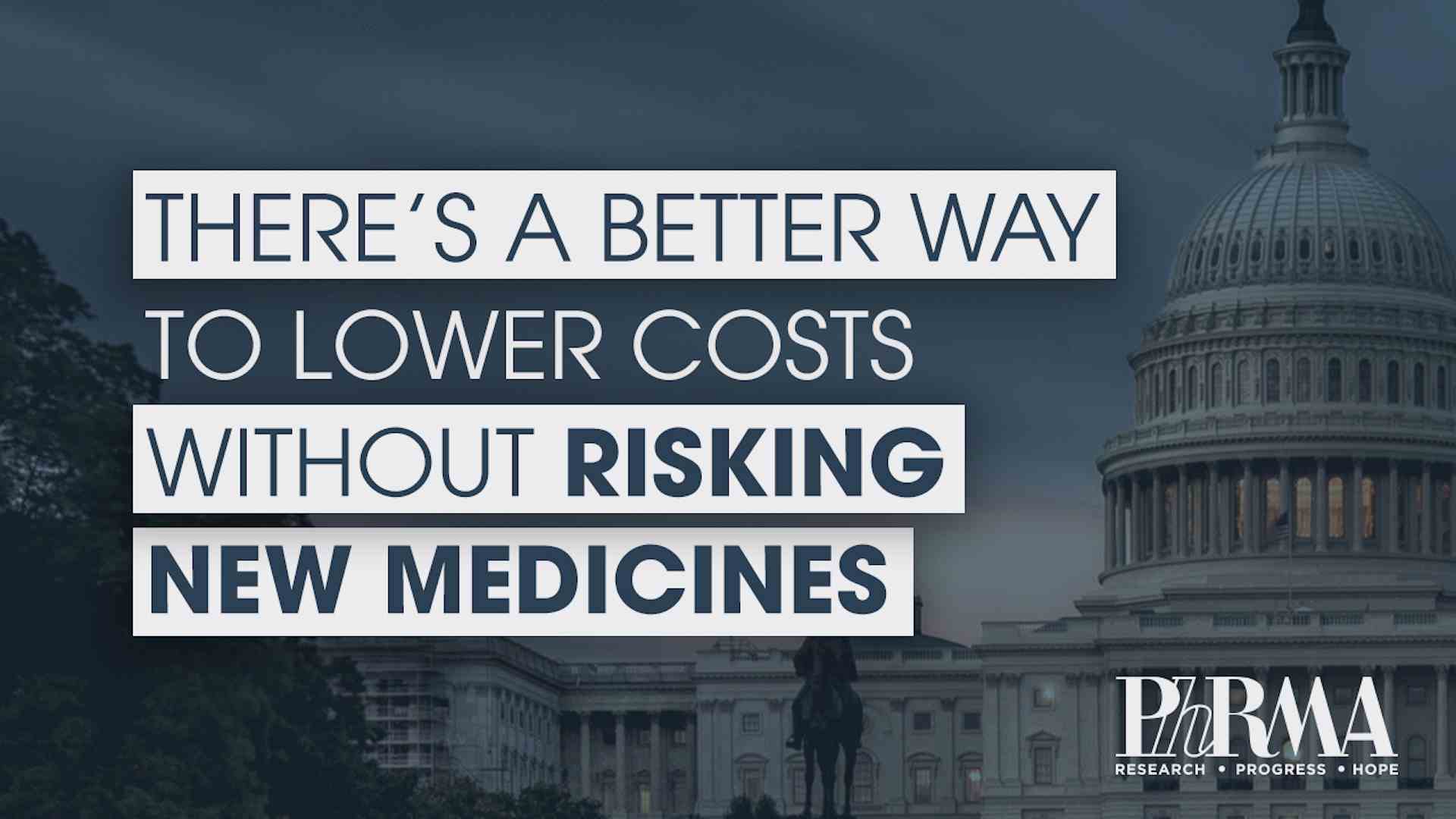| | | | | | | Presented By PhRMA | | | | Axios Vitals | | By Tina Reed · Jul 22, 2022 | | ☀️ Happy Friday, Vitals readers. Today's newsletter is 992 words — a 3.5-minute read. 1 healthy thing: Those with a high genetic probability of having a stroke may be able to lower their lifetime risk by 30% to 43% by adopting a healthy cardiovascular lifestyle, according to study published in the Journal of the American Heart Association. - That lifestyle was defined as following "Life Simple 7" which includes engaging in regular physical activity, maintaining a healthy blood pressure and refraining from smoking.
| | | | | | 1 big thing: Dr. Amazon will see you now |  | | | Illustration: Shoshana Gordon/Axios | | | | Amazon's latest move to further entrench itself in health care will stoke heated competition by other major retailers to capture new customers by delivering primary care. Driving the news: Amazon announced on Thursday, a $3.9 billion all-cash deal to purchase One Medical, which would add a brick-and-mortar network of clinics to a health portfolio that already includes wearable devices, an online pharmacy and virtual care. - Amazon is part of a cohort including CVS, Walmart and Walgreens, that have been building consumer-centric digital health care delivery platforms, as well as primary care clinics across the nation.
What they're saying: Amazon will face plenty of regulatory hurdles and some challenges gaining consumer trust, but is positioned to capitalize on its ability to cater to consumers' whims, as well as patients' frustration with existing providers. - "If you ask the majority of American consumers what they think of the current health care system, their experience is terrible. They don't trust the system anymore," said Elizabeth Mitchell, the president and CEO of the Purchaser Business Group on Health.
- "Typically when you see Amazon innovate, it changes whatever industry they're in. Whether it's mail order medication or grocery delivery, they have a track record," she said.
State of play: One Medical has an enthusiastic patient base with its membership-based services, attractive offices and tech-enabled connectivity to doctors. But its viability has been called into question after it posted heavy losses quarter after quarter. - This deal gives One Medical a massive war chest to further expand its reach nationally, Forbes reports.
- And it gives Amazon a bigger foothold into health care delivery and patient data, including access to One Medical's employer relationships and its book of Medicare business.
Reality check: In the short term, this won't shake up health care but will kick up sparks in financial markets as people "grossly overreact to the news kind of like they did with Haven," Jim Fields, a partner in the health and life sciences practice at consulting firm Oliver Wyman said, referring to Amazon's defunct health care partnership with JP Morgan Chase and Berkshire Hathaway. - Despite Amazon's behemoth status in the U.S. economy, it's still a relatively minor player in health care. And, Fields said, "while One Medical has a decent presence in the major markets around the country, this is a gnat within the scale of health care."
Go deeper. |     | | | | | | 2. GOP weighs birth control protections |  | | | Photo: Ting Shen/Bloomberg via Getty Images | | | | Some Republican senators say they are open to reviewing a House-passed bill protecting access to birth control, potentially teeing up another surprising bipartisan response to the fallout from the overturning of Roe v. Wade, Axios' Oriana Gonzalez writes. Between the lines: Democrats are eager to force Republicans on the record as not supporting birth control only months before the midterm elections. - A handful of GOP senators on Thursday wouldn't rule out supporting the House contraception measure.
Yes, but: Sen. Richard Burr (R-N.C.) told Axios that he wouldn't back the legislation because it's not Congress' responsibility to pass laws based on Supreme Court decisions. Worth noting: Some Republicans might support a bill that protects birth control use, but not necessarily the specific legislation that cleared the House. Read the rest. |     | | | | | | 3. AI tool helps prevent sepsis deaths |  | | | Illustration: Aïda Amer/Axios | | | | A new AI tool developed by Johns Hopkins University helped detect early signs of sepsis in real-time, reducing the likelihood of death by 20%, Axios' Arielle Dreher writes about new research published in Nature Medicine. Why it matters: Sepsis caused by the body's extreme response to an infection can be easy to miss and accounts for the most in-hospital deaths each year in the U.S. Details: The Targeted Real-time Early Warning System monitored more than 590,000 participants at five hospitals via their electronic health records starting in 2018. - Researchers evaluated 6,877 patients that the system flagged based on clinical notes and other patient data indicating a life-threatening condition.
- In sepsis cases that were confirmed within three hours, in-hospital mortality, organ failure and length of hospital stay all declined, especially in patients who were high-risk.
- "This is a breakthrough in many ways," Albert Wu, the study's author, said in a statement. "Up to this point, most of these types of systems have guessed wrong much more often than they get it right. Those false alarms undermine confidence."
The bottom line: The new tool shows the possibility of harnessing machine learning to identify one of hospitals' biggest killers. |     | | | | | | A message from PhRMA | | Government price setting could mean fewer new medicines | | |  | | | | Today, there are: - 90 medicines in development for Alzheimer's disease.
- 26 for childhood diabetes.
- 119 for breast cancer.
And the list goes on — but which diseases could go untreated if Congress passes government price setting? There is a better way to lower costs without risking new medicines. | | | | | | 4. Tweet du jour: POTUS has COVID |  | | | Source: Twitter screenshot. @bob_wachter | | | | COVID-19 presents a much different risk to President Biden than the virus did when former President Trump got it in 2020. Why it matters: Biden tested positive for the virus Thursday. But there are now vaccines and boosters available, as well as effective treatments for COVID, wrote Bob Wachter, chairman of the University of California, San Francisco Department of Medicine in a Twitter thread. - The big threat to Biden (and the rest of us) is the chance of suffering long COVID symptoms, as well as a "small, but significant long-term risk of heart attack, stroke," Wachter wrote.
Be smart: It is a good reminder that the Omicron subvariant BA.5 is presenting new risks of infection, even for the vaccinated, despite Americans largely tuning out COVID news. - Leana Wen, a public health professor at George Washington University, said Biden's handling of the positive diagnosis offered "important lessons" about how to manage the virus.
Thought bubble: Biden, of course, tweeted a photo of himself Thursday to show he was still working, saying: "Keeping busy!" - It harked back to the photos President Trump released of himself while being treated for COVID back in 2020.
Whatever happened to taking a sick day? |     | | | | | | 5. Dog of the week |  | | | Bailey. Photo: Nate Bagnaschi | | | | Meet Bailey, a pup with a pretty incredible health story after being diagnosed with osteosarcoma in May 2021. - Bailey had one of his legs amputated and, after the surgery, began a new immunotherapy cancer treatment at Cornell Veterinary in Stamford, writes Bailey's human Nate Bagnaschi.
- A recent scan found he was cancer free one-year out. (Yay, Bailey!) "This is a major accomplishment for any dog with osteosarcoma and a validation of the science behind his cancer treatment," Bagnaschi writes.
|     | | | | | | A message from PhRMA | | Patients lose when the government sets prices | | |  | | | | Government price setting cripples innovation and has potentially devastating consequences for patients. Why it's important: There are 119 medicines in development for breast cancer, but price-setting policies can change that. Tell Congress to protect access to new medicines. | | |  | | Why stop here? Let's go Pro. | | | | | | Axios thanks our partners for supporting our newsletters. If you're interested in advertising, learn more here.
Sponsorship has no influence on editorial content. Axios, 3100 Clarendon Blvd, Arlington VA 22201 | | | You received this email because you signed up for newsletters from Axios.
Change your preferences or unsubscribe here. | | | Was this email forwarded to you?
Sign up now to get Axios in your inbox. | | | | Follow Axios on social media:    | | | | | |
Post a Comment
0Comments